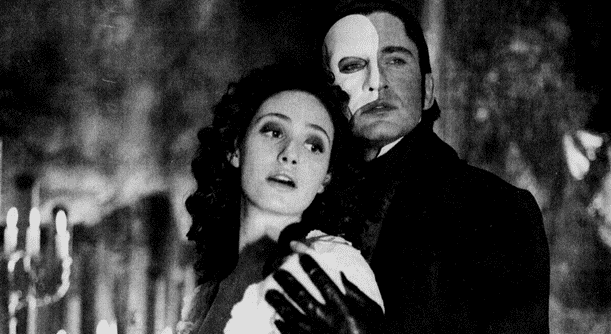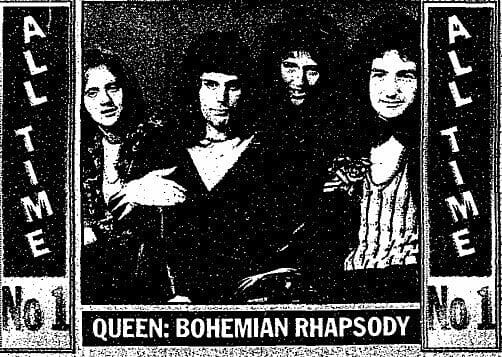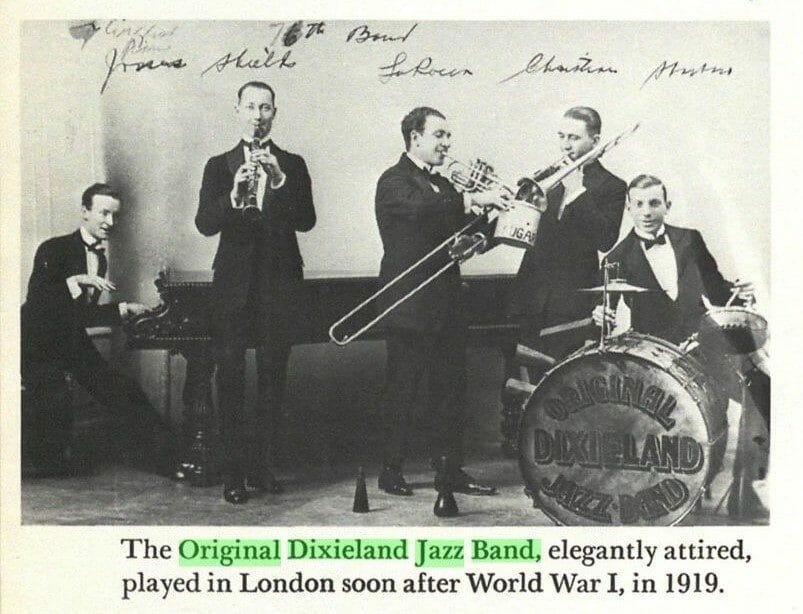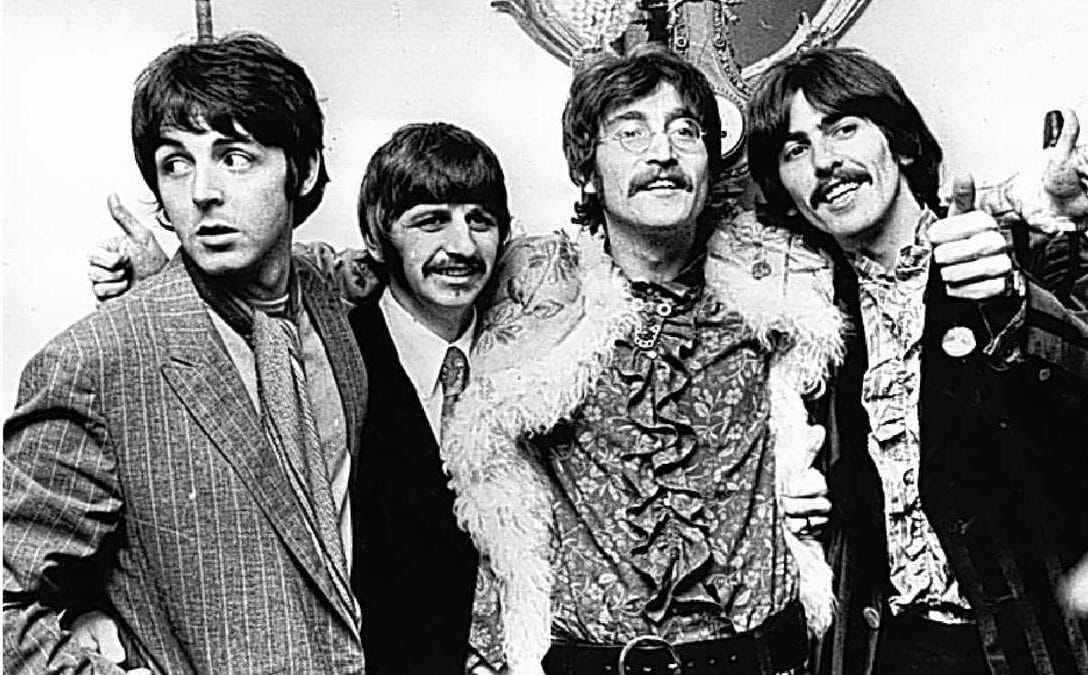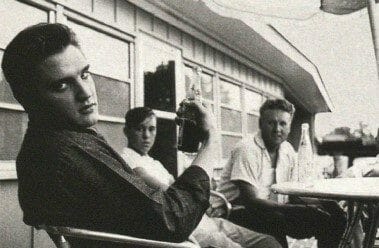│By Evelyn Moran, Gale Ambassador at the National University of Ireland Galway│
Most of us grow up watching musicals on TV, our childhood a medley of singing animals and cartoon princesses. Sometimes we even sing the songs in the shower. As a society we’ve created academic courses on the subject and vigorously debated the merits of live shows versus DVDs. One musical that has without a doubt entered the collective consciousness is Andrew Lloyd Webber’s Phantom of the Opera, itself an adaptation of the Gaston Leroux novel. Phantom has left its imprint on pop culture and on the theatre. In this blog post I use Gale Primary Sources to learn more about the musical, which movies may have influenced it, and perhaps shed some light on how it has so enchanted us.

